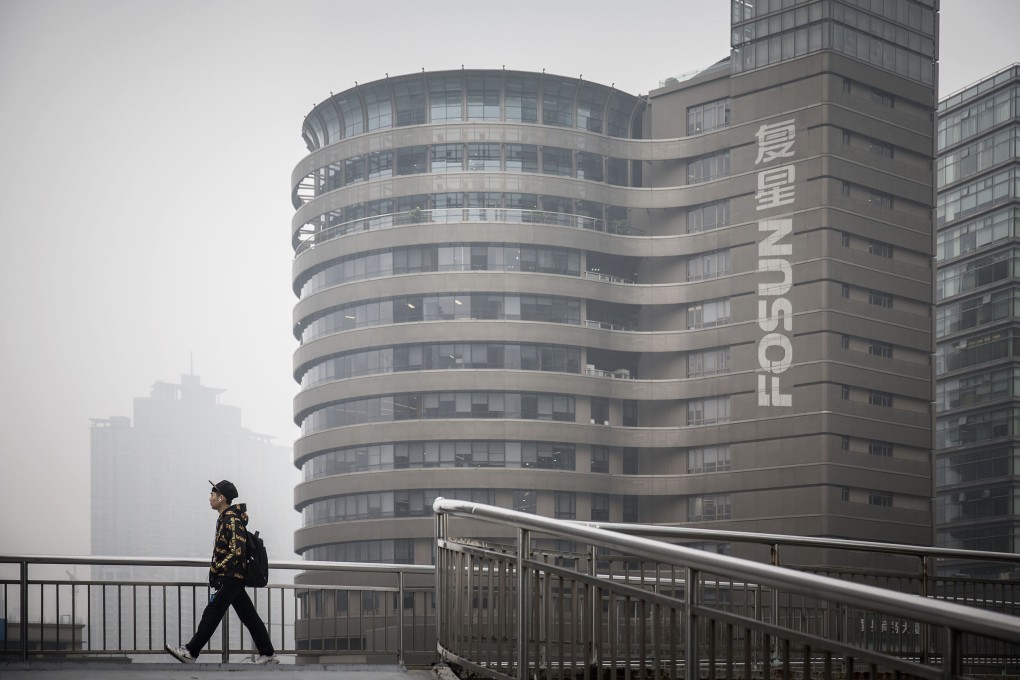Exclusive | Club Med’s owner quells false alarm about Fosun being under Chinese regulators’ debt scrutiny
- Reports about China’s regulators asking banks to examine their exposure to Fosun are ‘completely false’, its chief financial officer said
- Fosun’s shares fell 4.1 per cent on Tuesday, close to the lowest point since 2013

A Bloomberg report on Tuesday about the company under scrutiny by China’s biggest banks at the order of the industry regulator is “completely false,” said Fosun’s chief financial officer Alex Gong Ping.
“Neither the China Banking and Insurance Regulatory Commission (CBIRC) nor the Shanghai Banking and Insurance Regulatory Commission have asked commercial banks to find out about Fosun’s financial exposure, and those institutions have not received any notice of this,” Gong told the South China Morning Post late Tuesday in a phone interview from Shanghai.
Multiple regulators including the CBIRC and a branch of the State-owned Assets Supervision and Administration Commission (Sasac) recently instructed institutions under their oversight to closely examine their financial exposure to Fosun, Bloomberg reported, citing unnamed sources. The moves may not lead to any action, Bloomberg added.
